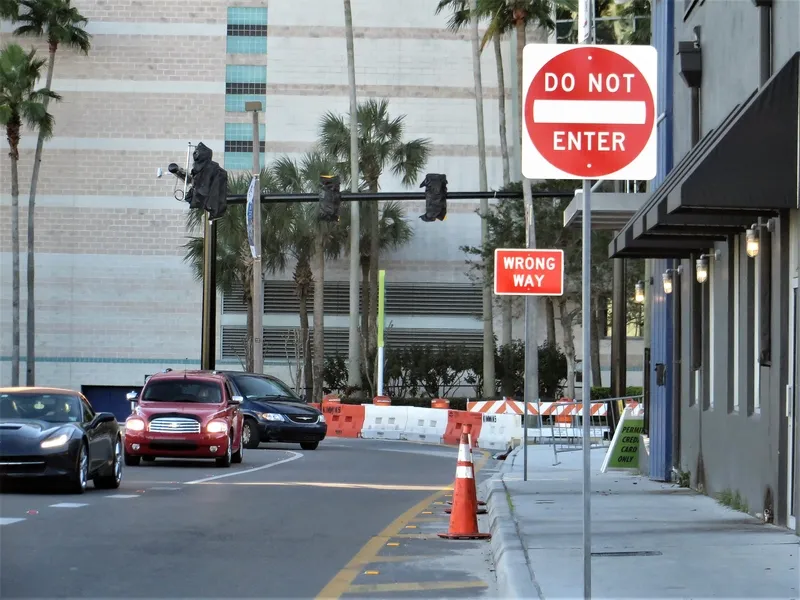
Traffic technology firm IntelliRoad's wrong-way detection system has been added to the Florida Department of Transportation’s (FDoT) Approved Products List (APL).
The system is designed to help prevent catastrophic collisions by detecting vehicles travelling on roads in the wrong direction. Using Lidar technology and AI-driven analytics, the system provides real-time alerts to traffic operators, dynamic message signs, connected vehicles and navigation providers.
IntelliRoad, part of Kyra Solutions, achieved FDoT certification through the Product Application and Tracking History (Path) programme.
The approval process involved comprehensive product testing under various environmental conditions at the FDoT Traffic Engineering Research Lab (TERL). The system was evaluated to ensure it meets strict safety and performance standards, including ISO 9001:2015 Quality Management Certification and Nema certification. FDoT engineers also conducted site visits to inspect IntelliRoad’s facilities, reviewing operational processes and verifying the system’s reliability and quality.
"We are proud to contribute to making our country’s roadways safer and saving lives,” said Sean Poole, president of IntelliRoad. “With superior accuracy and fewer false positives compared to traditional camera-based solutions, our technology ensures timely and reliable alerts, helping to prevent accidents and keep motorists safe."
The wrong-way detection system is part of the IntelliConnect platform, a suite of real-time traffic safety and mobility solutions which can be integrated with a variety of roadside devices such as Lidar, cameras, sensors, and dynamic message signs.









